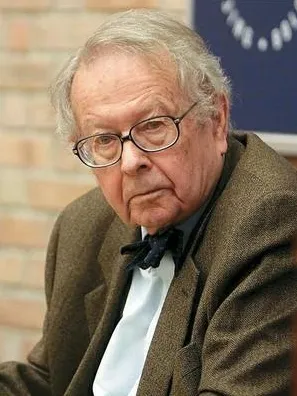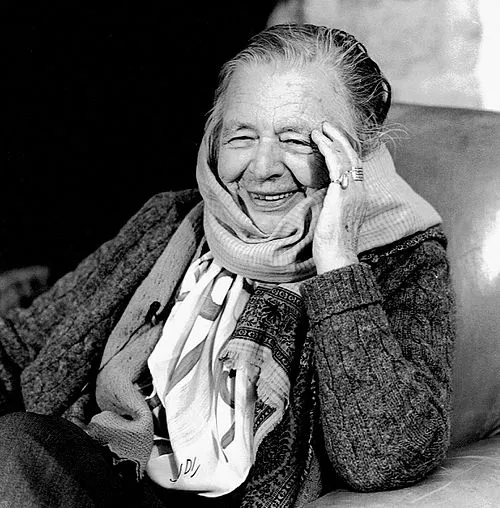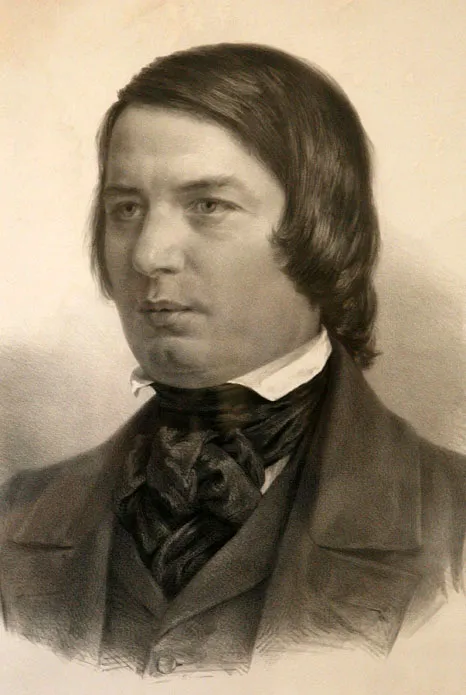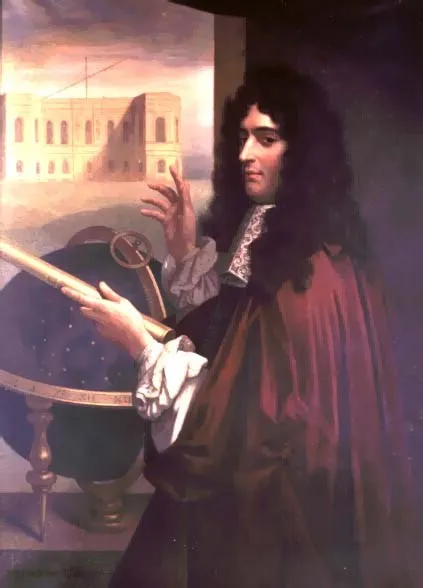
Name: Kenneth Waltz
Birth Year: 1924
Death Year: 2013
Nationality: American
Profession: Political Scientist and Academic
Contributions: Known for his theories in international relations and the development of neorealism.
1924 – Kenneth Waltz, American political scientist and academic (d. 2013)
In the bustling heart of the United States in 1924, a future titan of political theory emerged into a world brimming with conflict and transformation. Born into a society grappling with the aftermath of World War I, Kenneth Waltz was destined to leave an indelible mark on international relations. His upbringing was marked by curiosity and intellect; however, it was his quest for understanding the complex tapestry of global politics that would truly define his life.
As a young man, Kenneth developed an affinity for academic rigor. Enrolling at Oberlin College, he immersed himself in philosophy and political science fields that not only fascinated him but also provided tools to analyze human behavior and state interactions. During this formative period, Waltz encountered diverse perspectives on power dynamics. Ironically, while many students were preoccupied with idealistic visions of peace and cooperation among nations, Waltz began honing his understanding of the darker undercurrents in international affairs.
His academic journey took him further afield when he joined Columbia University for graduate studies. Here, he found himself captivated by the intricate workings of states and their motivations a fascination that would lead him to develop one of the most influential theories in political science: neorealism or structural realism. Perhaps it was during these years at Columbia that he first grasped how deeply intertwined security concerns were with national interests a realization that would later form the backbone of his seminal work.
In 1959, after years steeped in research and reflection, Waltz published “Man, the State, and War,” which introduced readers to three distinct images through which international relations could be understood: human nature as a source of conflict; state behavior shaped by domestic politics; and systemic factors driven by an anarchic international structure. This tripartite framework stunned scholars some embraced it while others vehemently opposed it but what remained undeniable was its profound impact on how we perceive global affairs today.
Despite this initial success as a theorist, Waltz’s most significant contribution came later when he published “Theory of International Politics” in 1979. This groundbreaking text articulated his vision for neorealism a paradigm shift that focused less on individual states' attributes or leaders' personalities but instead emphasized how systemic structures influenced state behaviors within an anarchic world order. The implications were vast; suddenly scholars had new lenses through which they could evaluate conflicts from Vietnam to Europe’s shifting balance post-Cold War.
The reception was mixed critics argued that neorealism oversimplified complex interactions between states while proponents hailed its clarity amid chaos! Nonetheless... Kenneth’s ideas laid groundwork that continues shaping discourse even today.
As time passed following this groundbreaking publication... one might wonder if Kenneth ever considered abandoning academia? Perhaps after enduring fierce debates against idealists who championed cooperative security measures or liberalist frameworks? Yet despite challenges faced throughout his career including brushes with hostile critiques Waltz remained steadfastly committed to refining his theories...
Certainly not all moments were marred by controversy! His engaging teaching style at universities like UC Berkeley inspired countless students eager to delve deeper into political science's nuances and ironically propelled several former pupils toward influential positions themselves!
Even in retirement and yes… there were debates over whether true retirement existed given how frequently he'd return as guest lecturer the intellectual fervor never diminished! He continued publishing essays challenging prevailing thoughts about globalization effects or NATO's evolution all sharp reminders why generations revered him as both scholar & thought leader!
Kenneth's legacy extends far beyond academia; it's interwoven with current events where neorealist concepts often elucidate geopolitical developments around us today from China asserting influence across Asia-Pacific regions…to Russia testing boundaries within Eastern Europe...his theories guide analyses still relevant amidst complexities faced globally now!
The irony rests squarely here too as we navigate crises unfolding on screens each day from climate change policies escalating tensions among nations downwards towards resource scarcity-induced conflicts Waltz’s vision encourages critical reflections upon structures influencing these outcomes even now!
This brings us back full circle to remember Kenneth Waltz is not merely about celebrating past achievements but rather recognizing their impact reverberating throughout contemporary discussions shaping our world today! On this day marking what would've been another birthday for this giant thinker… let’s engage thoughtfully reflecting upon everything learned thus far through lens grounded firmly upon theoretical foundations established long ago...







